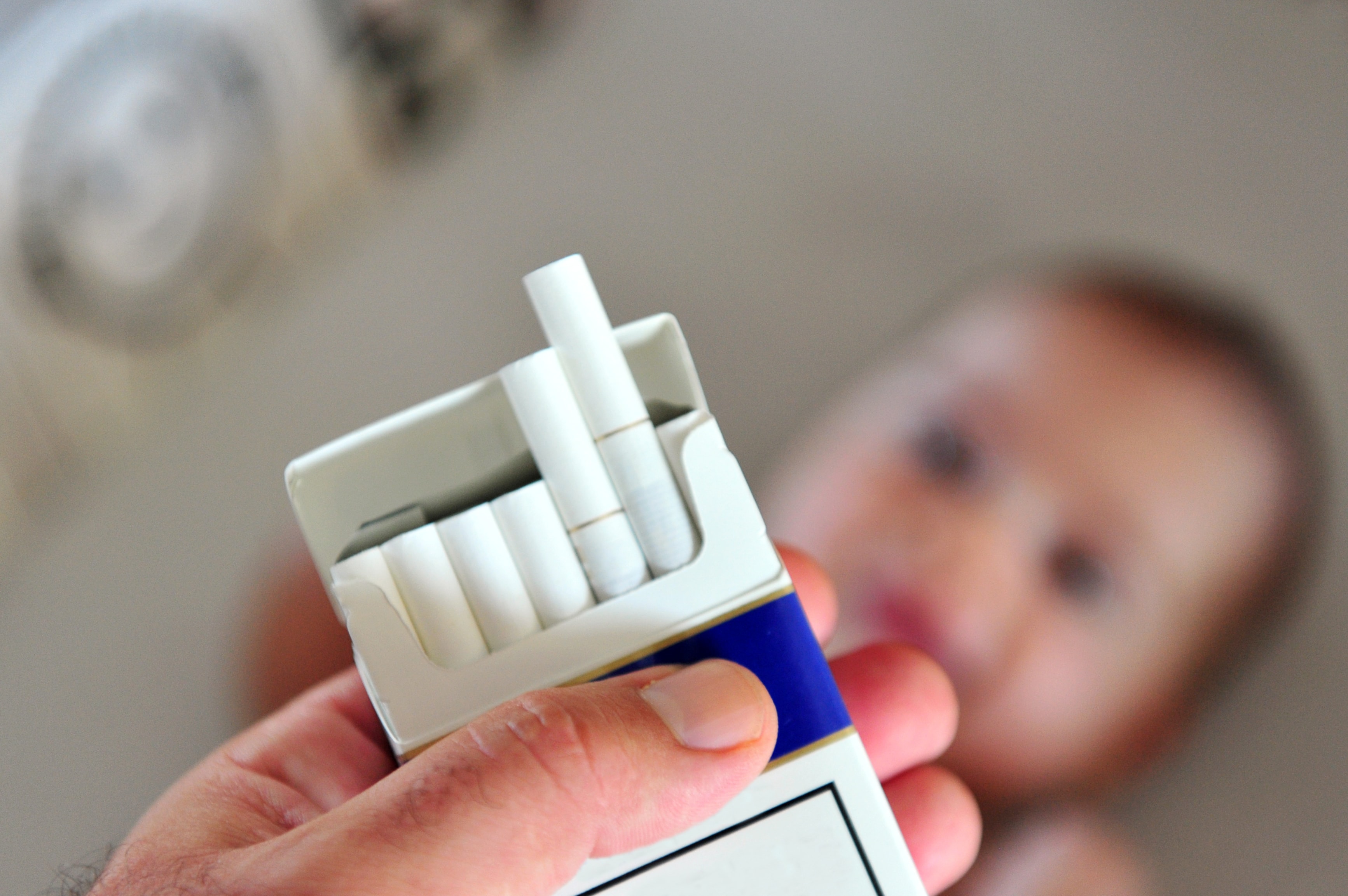
- 0203 903 7866
The Portland Hospital for Women and Children,
205-209 Great Portland Street, London W1W 5AH - Request Appointment
 GP Referral
GP Referral

Passive or second-hand smoking is harmful for anyone who shares space with a smoker. Even if you can’t see the smoke around you, it can still damage your lungs and increase the risk of lung cancer, cot death, and infections such as bronchitis in babies and young people.

Smoke contains thousands of harmful chemicals that can affect your child’s health. Passive smoking is particularly harmful for young lungs and is linked to problems such as asthma and bronchitis in babies and children.
Being exposed to smoke at a young age can increase the risk of:
Long term exposure to smoke can also increase the risk of lung cancer, heart disease and other serious conditions.
The best way to protect your child from second-hand smoke is to ensure that no one smokes in spaces where your family will spend time: